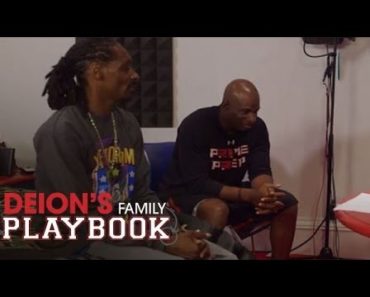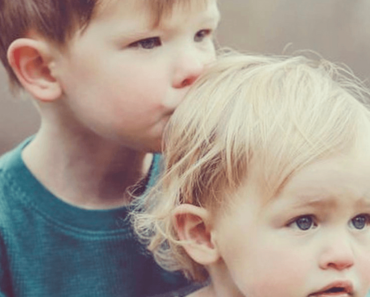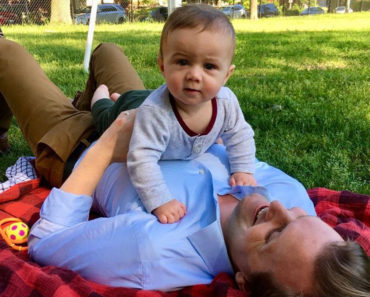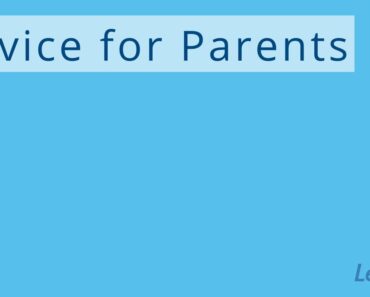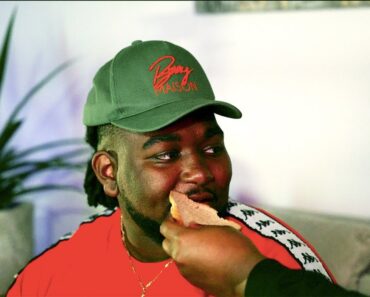It’s often difficult for those of us who grew up in Canada to process and absorb our child’s autism diagnosis. It can be emotional and heart-wrenching. Parents and caregivers from other cultures, however, may have an even tougher time understanding the concepts and terminology surrounding autism.
Did you know the word “autism” doesn’t exist in most languages? Dr. Mohammad Zubairi, developmental pediatrician and Associate Professor at McMaster University, says the word is found in only two or three other languages. There is no shared understanding across cultures, so trying to explain autism to those not familiar with it can be challenging.
“Autism” is a western word
Diagnostic tools were initially developed within a Western context and didn’t consider cultural differences. For example, assessment tools often include pictures and stories about birthday parties or show kids playing together, but some cultures don’t celebrate birthdays the way many Canadians do. Similarly, children from different cultures even play with dolls, action figures and blocks differently.
Dr. Zubairi remembers diagnosing a set of twins with autism. The next day, the parents told the twins’ daycare that “Dr. Zubairi told us our children are autistic, but we don’t know what that means.” He was humbled by this experience, leading him to reflect on what he could have said or done differently.
Since then, he has always considered each family’s lived experience and asks himself, “What do they think I mean?” He recognizes that cultures communicate differently, with varying norms around spoken language, body language, and how we use our hands and eye contact.

PeopleImages / Getty Images
How a family’s culture can affect a child’s diagnosis
Perceptions of being “different” in certain cultures can lead to stigma and shame. Parents might believe their child’s autism is their fault and be concerned about what their elders will say and how teachers will react. They might make negative comparisons with other children in the family.
Geetha Moorthy, Executive Director of the South Asian Autism Awareness Centre (SAAAC), adds that caregivers can face judgment from their diasporic communities and may isolate their child and only tell their immediate families. Of course, there are exceptions, but autism is often viewed in a negative light rather than celebrating the child’s strengths and capabilities.
A good diagnostician works to understand autism from each family’s perspective. Dr. Zubairi helps caregivers understand autism by making it come alive through story-telling in different settings, from his office to the child’s school and home. He doesn’t discuss autism as a disorder but instead focuses on the child’s behaviours and determines how best to help them navigate.
Fortunately, there is growing awareness of autism and related neurodevelopmental conditions across cultures in Canada. We are moving away from words like “cure” and “fix” and are increasingly focusing on services and supports to optimize a child’s daily functioning.

iStock
Experts and organizations that are helping
We still have a long way to go, but I was excited to learn about two recent initiatives. The SAAAC Autism Centre is expanding beyond its South Asian base with the vision that “all individuals with autism in Canada have equal access to comprehensive, culturally responsive, and high-quality services that support their full potential and improve their quality of life.” They customize modules for South Asian, Black and Indigenous communities.
If a family speaks Urdu or Tamil, they pair them with a social worker who speaks their language. They advocate each child in the school system and help the family fill out income assistance and other important documents. Their highly-regarded eight-week CARES program teaches parents and caregivers new skills and allows them to share with others and learn how to care for themselves. They hold sibling workshops and go to seniors’ centres to address gaps with grandparents. As one mother recently told Moorthy, “After learning about autism from you, my child’s grandfather now looks at his grandson in a totally different way.”
At Kerry’s Place Autism Services, Canada’s largest autism services provider, Autism Consultants like Aura McCluskey support marginalized populations such as the Chippewas of Georgina Island, an Anishinaabe Nation. She points out that the majority of Indigenous languages have no word for either “disability” or “autism” but that most Indigenous communities are more enlightened than many of us: “They see that the Spirit has different capacities in terms of a child’s gifts. Autism is never a deficit.”
Families from marginalized and racialized cultures continue to face magnified challenges in identifying and accessing autism services and support. Particularly in remote communities, there is a shortage of support, and too many of these work in isolation rather than in an integrated manner for the benefit of each child.
Dr. Peter Szatmari, Child and Youth Psychiatrist at The Hospital for Sick Children and the Centre for Addiction and Mental Health, wrote the Foreword to my book Hold on Tight. In it, he writes: “The current system seems geared to service the provider, not the family. Jan’s account reminds us that the patient is, in fact, the whole family and that a family-centred approach should be the cornerstone of our mental health care system.”
Author:
Jan Stewart is a highly regarded mental health, autism and neurodiversity advocate and Chair of Kerry’s Place Autism Services, Canada’s largest autism services provider.
Her brutally honest memoir Hold on Tight: A Parent’s Journey Raising Children with Mental Illness describes her emotional roller coaster story of parenting two children with multiple mental health and neurodevelopmental disorders.
Source link

